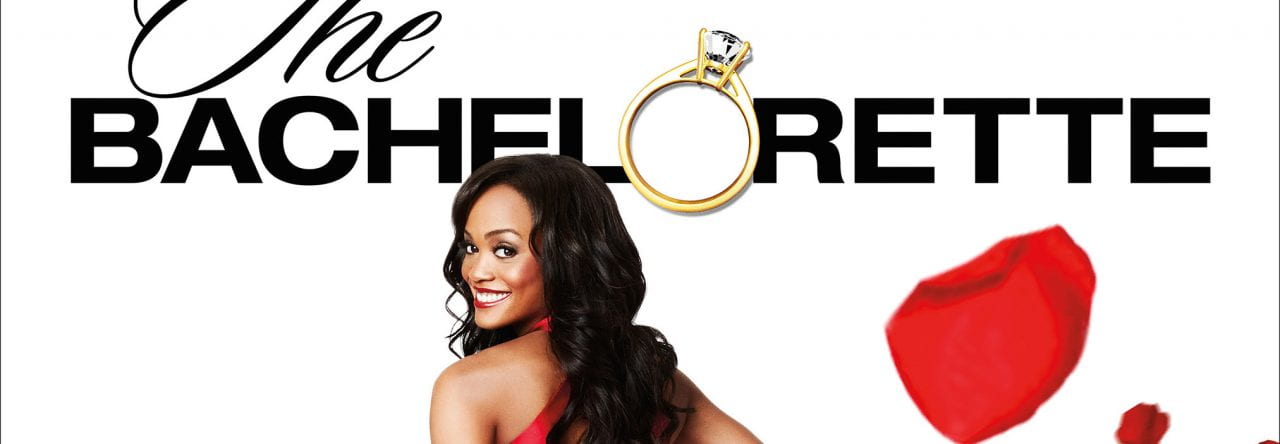In my opinion, feminist shows are shows in which women are placed into positions where they are not restricted to a one-dimensional personality, where they are portrayed as independent members of society, and most of all, where they can be the masters of their own destinies. In the past, television predominantly showed women as wives rather than individuals, or they were “sidekicks” to a male protagonist. Jessica Jones brilliantly rejects this outdated model, and not just because the main character is a superpowerful woman.
The first thing about Jessica Jones (the character, not the show) I noticed as I watched the first few episodes is that she was nothing like the cookie-cutter female characters in superhero media. Early on, we are introduced to her alcoholism, her non-existent filter, and her superstrength. While Jessica Jones having these characteristics did not make the show inherently feminist, it did confirm one thing: Jessica Jones is not here to make anyone’s sandwiches.
Rather than dissecting Jessica’s character, I wanted to take a look at the gender spread on the show’s main cast (pictured below). As you can see, among the eight most important characters, there’s a nice 50-50 split between men and women. Hiring more female actresses into important roles is always a great first step towards producing a show with feminist values. This show also fulfills another of my requirements to be considered feminist: the female characters are all portrayed as independent members of society. In addition to the no-nonsense Jessica Jones, Jeri Hogarth is a ruthless lawyer, Trish Walker is a self-asserting public figure, and Hope Shlottman is a girl who, despite being raped, does not succumb to the attitude of a victim. These 4 characters are a powerful group of female leads, not limited by relationships to any men, contrary to many female characters in recent media.
Also contrary to most of today’s media, the show gives us a sidekick who is not only male, but mostly important because of his relationship to Trish. While this is mostly true earlier on in season 1, the portrayal of Will Simpson as a supporting character supports the kind of role reversal between male lead and female supporting character the show writers were going for. With all this in mind, it’s hard to argue that the show Jessica Jones favors men over women, or that it victimizes female characters, so I’m gonna chalk this show down as being feminist, in the best way possible.

Above: The main cast of Jessica Jones.

Comments are closed.